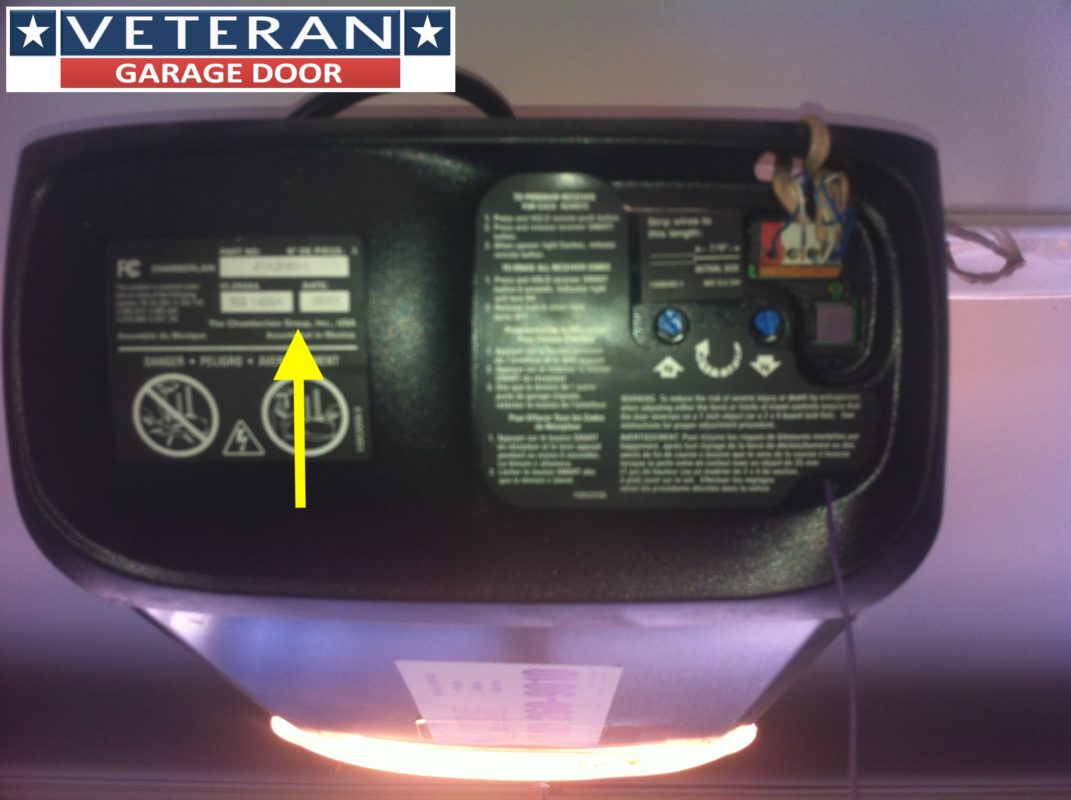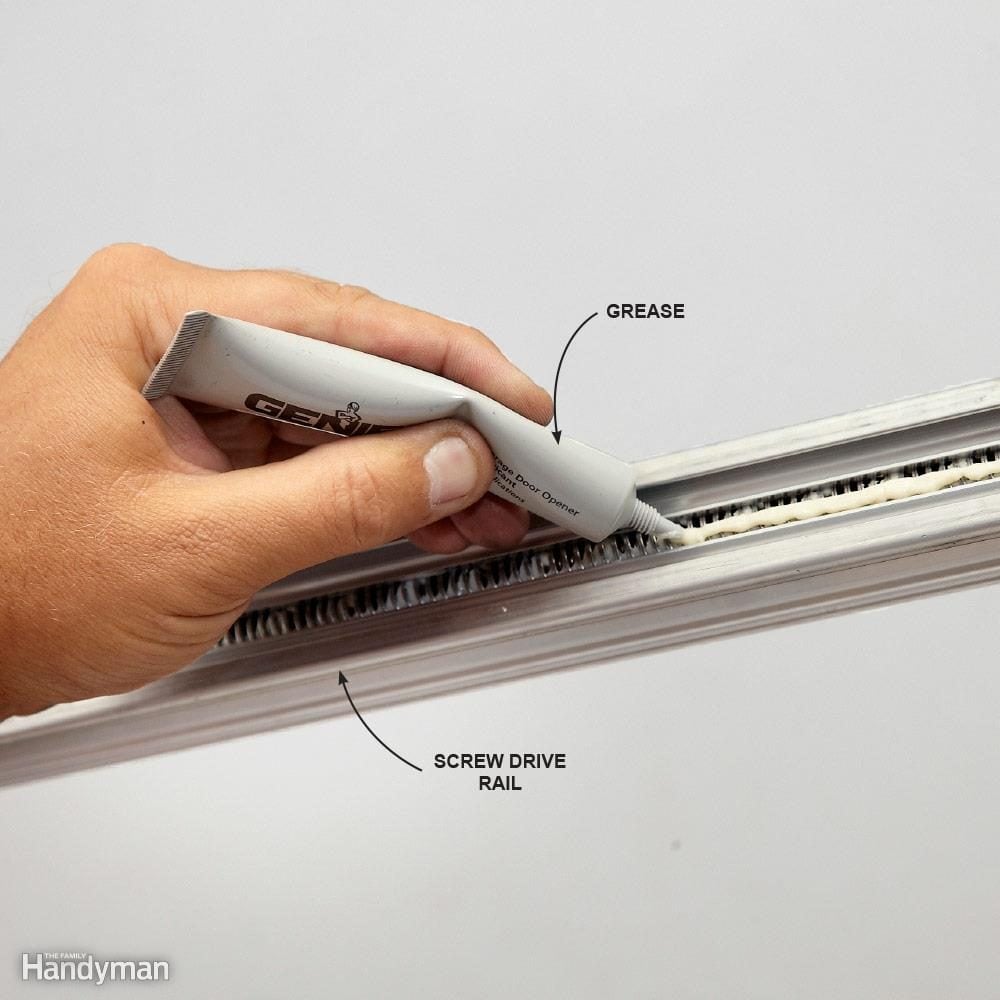Troubleshooting Garage Door Openers
Table of ContentsHow To Diagnose A Garage Door Issue On Your OwnWhy Is My Garage Door Opening By Itself?Garage Door Opener Repair And Troubleshoting8 Crucial Warning Signs Your Garage Door Motor May Be Bad
When the conductor discharges, power needs to develop up when more before it will release once again. Capacitors can hence supply cyclical bursts of high-energy electrical power, however in a garage door opener, only one such burst is needed. The capacitor in a garage door opener is called a start or electrolytic capacitor.
Storage capacity, or capacitance, is determined in farads, where one farad equates to a voltage of one volt produced by a current of one coulomb. The capacitance of a start capacitor is typically bigger than that of a run capacitor, which energizes cyclically while the motor is running. It is normally around 100 microfarads.
If the capacitor isn't totally bad, the motor may begin working after you by hand begin the motion of the door, but the motor may stop again while the door is partly open. Some door openers have alerting lights that flash when the capacitor is bad, and the mix of humming and flashing lights can be befuddling.
 Most Common Residential Garage Door Problems
Most Common Residential Garage Door Problems
When you remove the cover from the door opener, you should discover the capacitor clamped to the side of the real estate, It's typically a large black cylinder. It has two blue wires linked to one terminal and 2 red ones connected to the other. The wires are connected to clips that you can pull off the terminals.
How Do https://diigo.com/0isnwl I Know If My Garage Door Capacitor Is Bad?
 Garage Door Will Not Move
Garage Door Will Not Move
Clamp a new capacitor in its place, reconnect the wires and plug the door opener back in to restore the operation of the door opener. Keep your tools far from the capacitor wires. It stores electrical power and can give you an effective shock if it releases.
 Troubleshooting Garage Door Openers
Troubleshooting Garage Door Openers
Garage doors are made of several mechanical and electrical elements that collaborate to ensure the smooth and simple operation of the doors. While regularly preserving these doors can help to keep problems at bay, issues can still occur due to the typical wear of parts with time. One of the elements of your garage door that might provide out and require to be changed is the motor system discovered in your garage door opener.
Does your garage door opener vibrate throughout garage door operation? Keep your eye on it that might be a defective garage door motor vibrating inside its housing. If the vibrations are strong, you might even observe that the garage door opener is coming loose from the point it has actually been installed on.
This can cause injuries or damage to your automobile. If you see your garage door opener vibrating, it may be time to get a new motor or fix the mounting system. Does your garage door opener make uncommon sounds, or is it constantly loud while being run? These could be tell-tale indications that the motor in the opener is having problem as it opens or closes the garage door.
Top Garage Door Problems: Dead Batteries
Never neglect any weird sounds or loud sound, consisting of squeaking, creaking and clanking noises. Have actually the opener inspected by a garage repair and maintenance technician to identify whether you need a new opener or simply a motor replacement. Is your garage door is a bit slower to rise and close than normal? A malfunctioning garage door motor can be among the causes of the slow motion.
There are several factors your garage door opener might refuse to work completely. An old or scorched motor is one of the most likely offenders. Have a garage door professional check it out to identify if you need to get a brand-new one. If you experience one or more of the above-highlighted indication, your garage door motor might be the perpetrator.
You can test the capacitor with an ohm meter. Disconnect the power to the garage door opener and get rid of the wires from the capacitor. (Write notes or draw an image of where the wires go for reassembly). Short between the terminals of the capacitor to be sure it doesn't have an electrical charge saved in it.
The meter will determine resistance rapidly then go back to open circuit if the capacitor is excellent. any other reading of the meter suggests a bad capacitor. The capacitor will register then bleed down each time you reverse the leads of the meter. If the capacitor is excellent, the motor is bad.
The Eight Most Common Garage Door And Opener Problems
If the garage door opens correctly but fails to close entirely, there might be among three common causes: The close-limit switch may need adjusting Your garage door has set-limit switches that instruct the motor when to stop runningboth when it is opening, and when it is closing. If the close-limit switch is set wrong, it might prevent the door from closing It can likewise trigger the opener to reverse or pull back up when you attempt to close it.
Changing the limitation switch will stop your garage door from behaving unpredictably. Different garage doors have various methods of changing the set-limit switches, however it is generally a screw feature on the motor unit that is turned to adjust how far the door descends. Thesafety sensors might need change or adjustment.
If the sightlines are clear in between the eyes, the door will close smoothly all the method to the floor. Nevertheless, if anything is obstructing the sightline, or if the brackets holding the electronic eyes are out of positioning, the door will stop working to descend all the way. Most of the times, the door will stop or reverse, and lights will flash to inform you there is an issue.
https://www.youtube.com/embed/AEUWlPKwIOA
John's Garage Doors
Tucson, AZ
(520) 989-0381
https://www.JohnsGarageDoorRepair.com/
https://www.google.com/maps?cid=8866612591426931694
Often, leaves or debris can obstruct the sensors; it if occurs regularly, it may be that vibrations from the door in the tracks are loosening up the brackets holding the sensors and should be straightened. Less frequently, rusted or harmed rollerscan cause the door to bind in the tracks. Replacing harmed rollers or oiling them with silicone lubricant can correct this issue.
